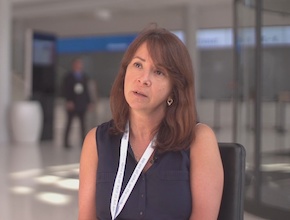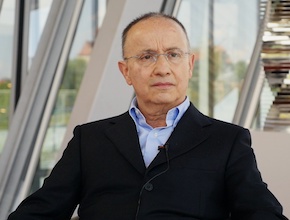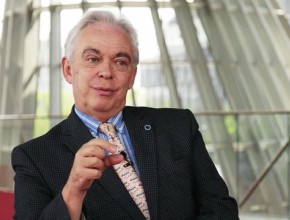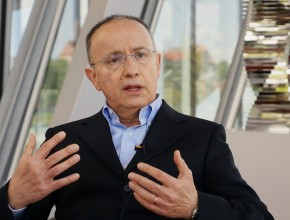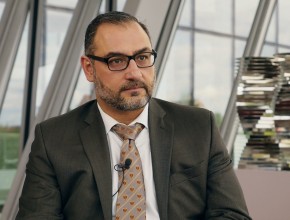What are the mechanisms leading to normoglycemia in patients with diabetes mellitus who have recently had bariatric surgery?
Maria Tiboni: It is interesting that immediately after bariatric surgery – the day after bariatric surgery – we see significant improvement of glycemic control. For those surgeries that impose restrictions on caloric intake, there is absolutely no doubt that these restrictions are one of the reasons why glucose homeostasis improves. For those surgeries that have a component of malabsorption, malabsorption definitely is another reason, but we are understanding better now that there are changes in the gut physiology that happen with probably most of bariatric surgeries – the adjustable bariatric band, sleeve gastrectomy, Roux-en-Y gastric bypass, duodenal switch – and we are more aware that there are changes in the gastrointestinal peptides, like peptide YY, glucagon-like peptide 1 (GLP1), and pancreatic polypeptide. That is probably also a peripheral signal into the brain after bariatric surgery that changes and allows patients to actually lose weight and achieve better blood sugar control.
Unfortunately, the last 10 years of research in terms of these changes in physiology in the gut have not shed much light; the difference that it has proved [is that] some of these peptides either go up or down or there is no change after bariatric surgery. So we are still not sure what is the mechanism, but there is no doubt that these peptides are altered after bariatric surgery.
 English
English
 Español
Español
 українська
українська

